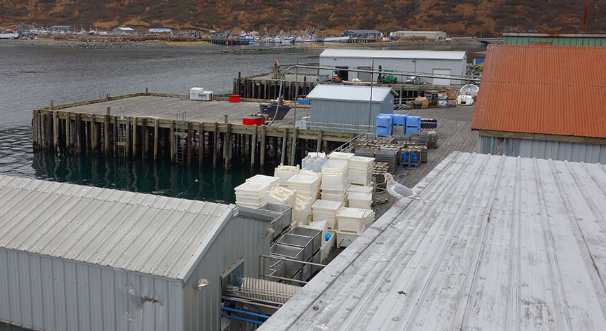WASHINGTON – The Justice Department announced today that it reached a settlement with BAE Systems Ship Repair Inc., a leading provider of ship repair services, to settle allegations that its subsidiary, BAE Systems Southeast Shipyards Alabama LLC, engaged in a pattern or practice of discrimination by imposing unnecessary and additional documentary requirements on work-authorized non-U.S. citizens when establishing their eligibility to work in the United States.
The department alleges, based on an extensive investigation, that since at least Jan. 1, 2009, BAE Southeast Alabama imposed different and greater requirements in the Form I-9 employment eligibility verification process on lawful permanent residents as compared to U.S. citizen employees by requiring all newly hired lawful permanent residents to present Permanent Resident Cards, commonly known as “green cards,” as a condition of employment. The investigation was initiated after BAE Southeast Alabama suspended a lawful permanent resident even though he had presented valid documents sufficient under the Immigration and Nationality Act (INA) to establish his work authorization on three separate occasions. The INA requires employers to treat all authorized workers in the same manner during the employment eligibility verification process, regardless of their national origin or citizenship status.
“Employers may not treat authorized workers differently during the employment eligibility verification process based on their citizenship status,” said Thomas E. Perez, Assistant Attorney General in charge of the Civil Rights Division. “Federal law prohibits discrimination in the employment eligibility verification process, and the Justice Department is committed to enforcing the law.”
According to the settlement agreement, BAE agreed to ensure thatthe employment eligibility verification policies and procedures of all its subsidiaries comply with the law, to train its human resources personnel about employers’ responsibilities to avoid discrimination in the employment eligibility verification process, and to produce Forms I-9 for inspection for three years. BAE also agreed to pay $53,900 to the United States. The lawful permanent resident who was suspended was previously reinstated and fully compensated by BAE.
Source: USDOJ




